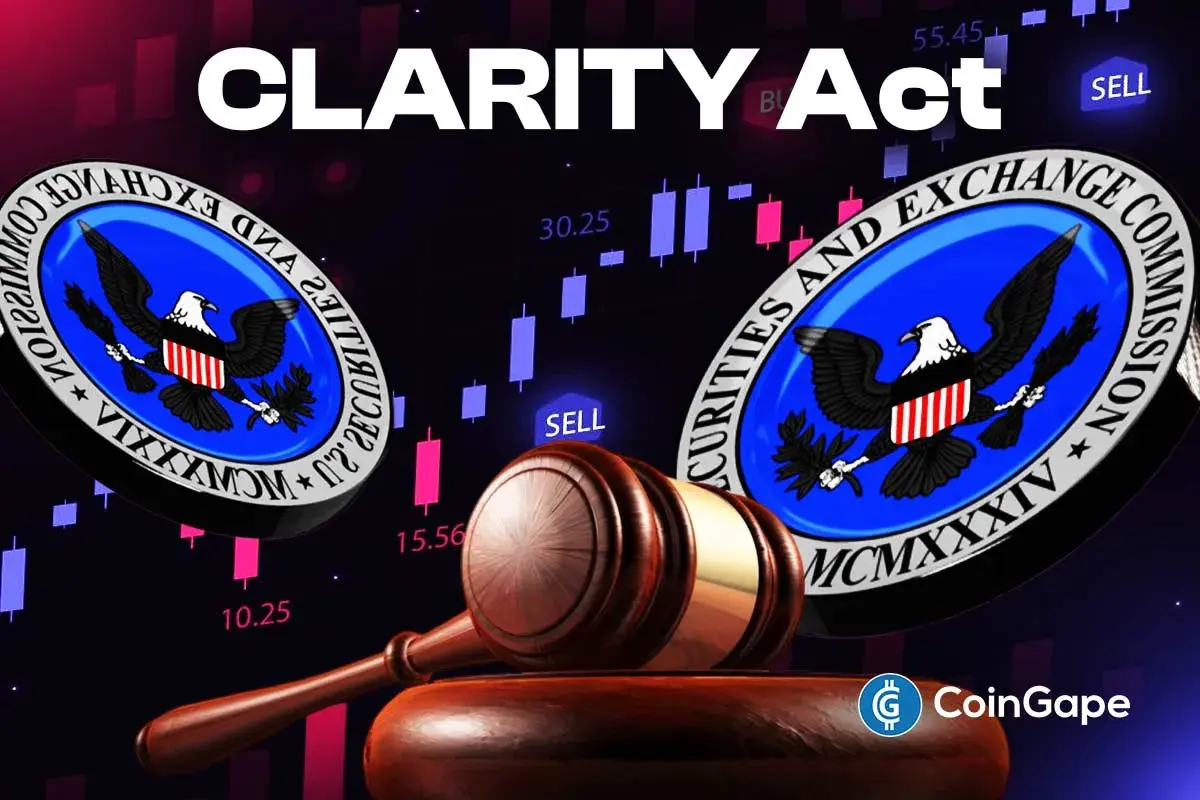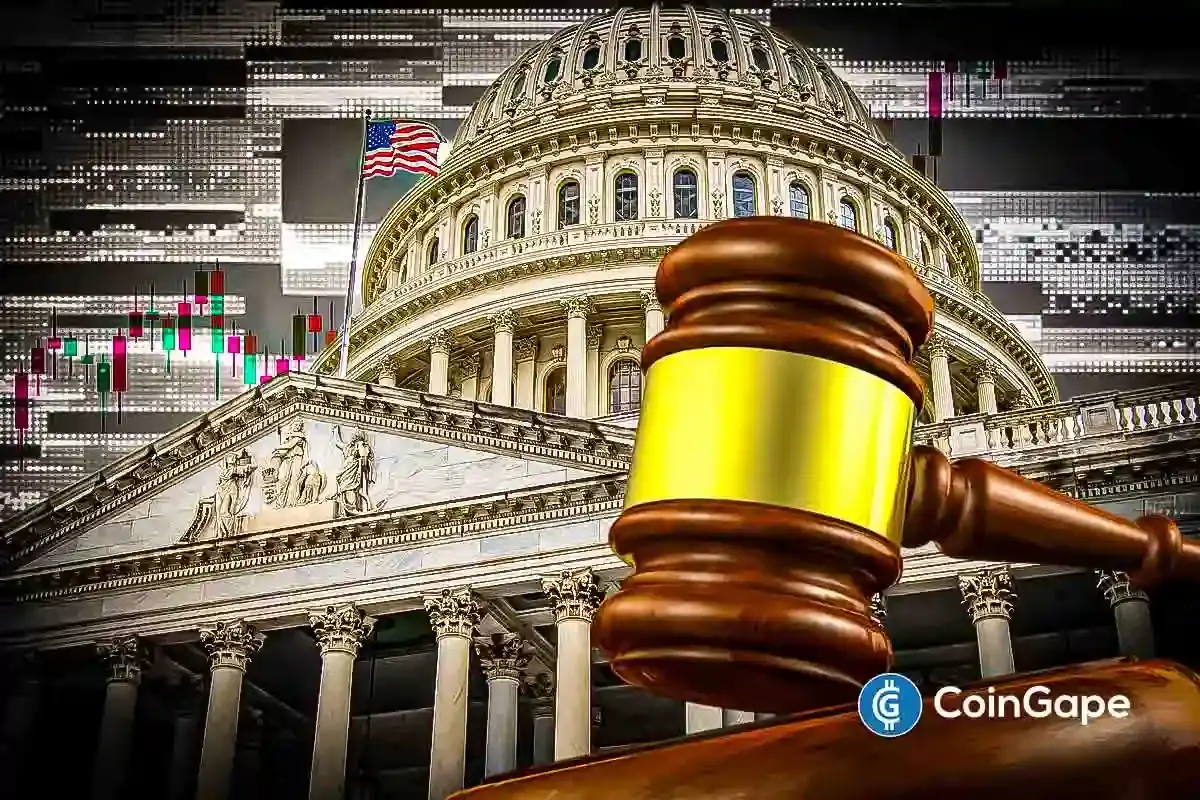Stablecoin Bill: GENIUS Act Heads For Cloture Vote on May 19

Highlights
- US regulators wants to advance the crucial stablecoin Bill with a scheduled cloture vote
- The Bill is one of the two major stablecoin regulations that needs Bi-partisan support
- Crypto regulation is generally advancing in the market amid growing adoption
The United States Senate is preparing for a crucial vote on the Stablecoin Bill, dubbed the GENIUS Act, this coming Monday. After several delays, the bill is finally moving forward with a ‘cloture vote’ scheduled by Senate Majority Leader John Thune.
The decision marks a turning point for stablecoin regulation in the country, a development that has also drawn national attention and renewed urgency among lawmakers.
Stablecoin Bill Advances To Cloture Vote Stage
In her latest post on X, American Journalist Eleanor Terrett reported that Senator Thune had officially filed for cloture on the GENIUS Act, setting the vote for May 19. This move signals a final push by lawmakers to bring the legislation to the floor after a series of back-and-forth debates.
According to Senate sources, a bipartisan amendment is also under review. The discussed changes include stricter rules for tech companies involved in financial assets, better consumer protection, and tighter oversight of government officials, including figures like Elon Musk.
They also include clearer rules to prevent the misuse of FDIC insurance and reinforce bankruptcy protections.
These updates could help the bill gain broader support across both parties. The vote will determine whether the Senate is ready for digital asset legislation that balances financial innovation with accountability.
The GENIUS Act: Here’s What It Entails
Senator Bill Hagerty introduced the Bill to regulate stablecoin in the US, laying out a regulatory framework for the token issuers. Stablecoins are digital tokens tied to the U.S. dollar, and the bill focuses on ensuring that issuers follow strict rules on licensing, asset backing, and transparency.
Under the proposed law, large issuers with over $10 billion in assets would fall under the Federal Reserve’s supervision, while state authorities would regulate smaller ones.
All issuers must back their stablecoins with assets like U.S. dollars or Treasury bills. The bill also promotes financial inclusion and aims to help the U.S. dollar remain strong in global markets.
STABLE Act Amid Push for Crypto Oversight
While the Senate prepares for the GENIUS Act vote, the House has already passed a similar stablecoin bill called the STABLE Act. This legislation sets rules for all U.S. dollar-backed stablecoins, including popular tokens like Tether (USDT) and USD Coin (USDC).
Lawmakers backing the STABLE Act believe it will give consumers more protection and help maintain the United States’ leadership in financial technology.
Congressman Dan Meuser and other supporters say it creates needed guardrails as digital currency use grows. The bill also seeks to stop risky practices by requiring full transparency from stablecoin companies.
CoinGape also noted that the United States Congress is looking to accelerate crypto oversight with the new stablecoin bill. Lawmakers believe the GENIUS and STABLE Acts aim to bring order to a rapidly evolving part of the financial system.
- XRP News: Dubai Tokenized Properties Trading Goes Live on XRPL as Ctrl Alt Advances Project
- Aave Crosses $1B in RWAs as Capital Rotates From DeFi to Tokenized Assets
- Will Bitcoin, ETH, XRP, Solana Rebound to Max Pain Price amid Short Liquidations Today?
- 3 Top Reasons XRP Price Will Skyrocket by End of Feb 2026
- Metaplanet CEO Simon Gerovich Defends Bitcoin Strategy Amid Anonymous Allegations
- Will Pi Network Price See a Surge After the Mainnet Launch Anniversary?
- Bitcoin and XRP Price Prediction As White House Sets March 1st Deadline to Advance Clarity Act
- Top 3 Price Predictions Feb 2026 for Solana, Bitcoin, Pi Network as Odds of Trump Attacking Iran Rise
- Cardano Price Prediction Feb 2026 as Coinbase Accepts ADA as Loan Collateral
- Ripple Prediction: Will Arizona XRP Reserve Boost Price?
- Dogecoin Price Eyes Recovery Above $0.15 as Coinbase Expands Crypto-Backed Loans

















